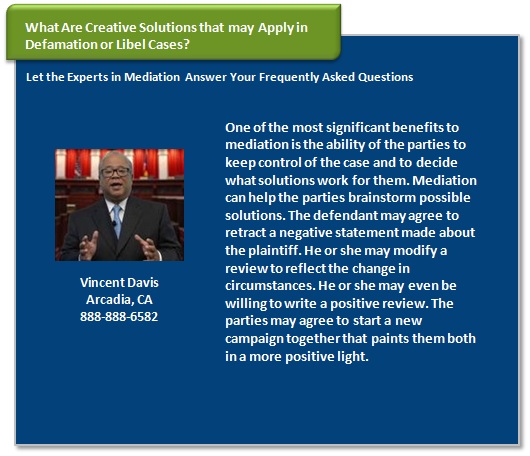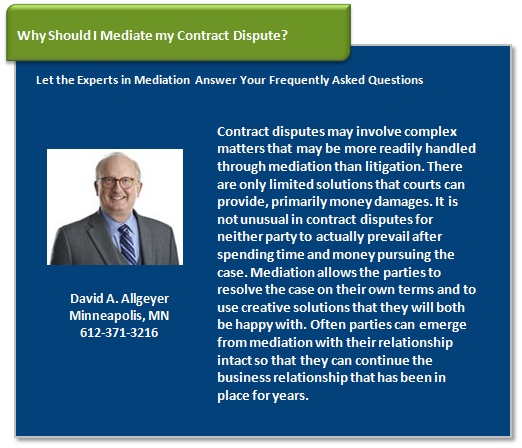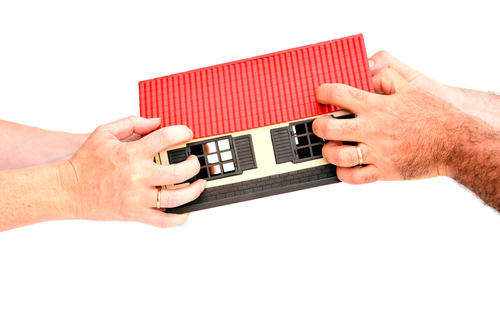What Every Dad Loses In Divorce – Everyone loses in divorce. But in many ways the dad in the equation typically loses more and much faster than any other member. It doesn’t have to be this way. In my opinion, 50/50 parenting with no child support should be the norm. It’s not what I go, even though I asked for the 50/50 split regardless of the money. That’s not what my then-wife wanted and her lawyer had told her what she’d get if we went to court, so we started negotiations there. It sucked. It was unfair. And as the dad, I lost everything in a single stroke of the pen.
How to Lower Your Monthly Mortgage Payment – Money is tight, and you’re looking for expenses to cut. Your mortgage payment is the biggest bite out of your paycheck, so that seems like the logical place to start.
Foreclosures on the rise for seniors with reverse mortgages – Across the nation, an increasing number of seniors are facing foreclosure after taking out reverse mortgages, either because they fell behind on property charges or failed to meet other requirements of the complex mortgage loans, according to federal data and interviews with consumer and housing specialists.






 Libel or defamation cases may arise when someone says something negative about another person such as a business owner that has an adverse effect on his or her reputation. This statement may even be in written form, such as a publication made to the media or a negative review of services. Businesses are particularly concerned about their public image because a negative interaction can cost them business from others down the line. When parties confront these legal challenges, they may decide to litigate the case, or they may decide to mediate it.
Libel or defamation cases may arise when someone says something negative about another person such as a business owner that has an adverse effect on his or her reputation. This statement may even be in written form, such as a publication made to the media or a negative review of services. Businesses are particularly concerned about their public image because a negative interaction can cost them business from others down the line. When parties confront these legal challenges, they may decide to litigate the case, or they may decide to mediate it.
 Mediation is particularly helpful in certain contexts when the parties have an established relationship that they want to preserve, such as in family disputes or disputes involving business people. Mediators use conflict resolution skills to help the parties understand the other side better and to communicate in a respectful way with the eventual hope of settling the case. Part of this process involves brainstorming creative solutions that can resolve the dispute. The parties are able to come up with nearly any solution that works for them and are not limited to typical judicial remedies. Some possible solutions include:
Mediation is particularly helpful in certain contexts when the parties have an established relationship that they want to preserve, such as in family disputes or disputes involving business people. Mediators use conflict resolution skills to help the parties understand the other side better and to communicate in a respectful way with the eventual hope of settling the case. Part of this process involves brainstorming creative solutions that can resolve the dispute. The parties are able to come up with nearly any solution that works for them and are not limited to typical judicial remedies. Some possible solutions include: When a couple is going through the divorce process, they may not agree about issues related to community property. Mediation and arbitration are two alternatives to litigation that allow the parties to reach a resolution to these issues. While the process for them are different, mediation and arbitration are often much cheaper than trying to sort out the issues through litigation. They are also cheaper than litigating the case. Some issues related to community property may be:
When a couple is going through the divorce process, they may not agree about issues related to community property. Mediation and arbitration are two alternatives to litigation that allow the parties to reach a resolution to these issues. While the process for them are different, mediation and arbitration are often much cheaper than trying to sort out the issues through litigation. They are also cheaper than litigating the case. Some issues related to community property may be: